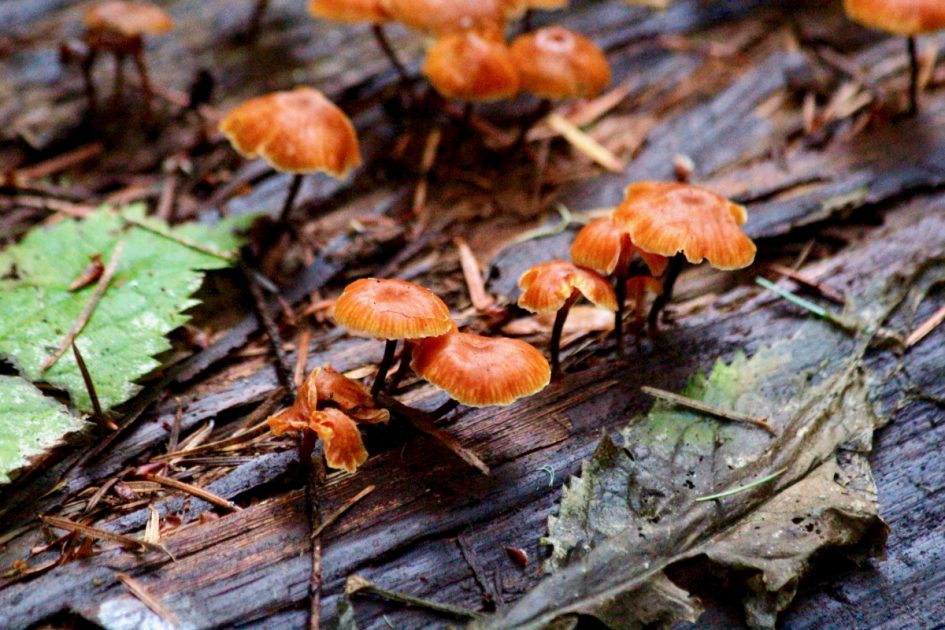NOV 5 AT 3 PM – NOV 7 AT 2 PM PDT
See full details and register at https://www.gsd.harvard.edu/event/landscapes-of-slavery-landscapes-of-freedom-the-african-diaspora-and-the-american-built-environment/?fbclid=IwAR2vx3Fx1zRmLDAUdV94Yjm4G8JGGzkkoqVaA2crraKNHEeXSP1VGWG9AO8
This forum brings together scholars whose research investigates the relationship between the African diaspora, Afro-descendants, and the built environment of North America and the Caribbean from a variety of lenses that are specific to the scholars’ fields of inquiry. The goal is to begin to expand the field of landscape history by taking into consideration questions that are not always deemed central to the practice of design, if design is understood as an activity that has featured—in the historical narratives—the presence of an author-designer, a client, and a variety of tools the former has used to communicate ideas about form, materials and use, to the latter.
By its very cross-disciplinary nature and topical organization, this forum questions a traditional mode of history writing that is based both on the description of linear developments and on the exclusive use of archival and written sources. Instead it argues for a relational historiography that considers what methods and what traces—written, spoken, or material, and whether found on the land’s surface or below—may allow us to tell the story of the Black North American and Caribbean landscape of enslaved people, maroons and freemen. Without arguing for the obliteration of what is already known about the landscape of plantations and the settlements of early America, essays presented at this symposium will ultimately produce a landscape history that, paraphrasing Èdouard Glissant, is latent, open, multicultural in intention, and directly in contact with everything possible.
Schedule
Friday, November 5, 2021
6 PM
Welcome remarks by Anita Berrizbeitia, Chair of the Department of Landscape Architecture
Introduction by Raffaella Fabiani Giannetto, Conference Chair
6:10 – 7:30 PM
Keynote Address by Michael Twitty
Beyond ‘Slave Food’: Re-Organizing the Perceptions and Potential of African American Foodways
Saturday, November 6
10 – 10:20 AM
Introduction by Raffaella Fabiani Giannetto
10:20 – 11:50 AM
Panel Discussion 1, moderated by Jarvis McInnis
Hoeing, Harvesting, Healing & Hexing: The Earth and its Cultivation as Tools of Resistance to Enslavement
Anne Bouie
Forgotten Witnesses: Exploring Archaeological Sites of Labor at a Presidential Plantation
James French and Matthew Reeves
11:50 AM – 1 PM
Lunch Break
1:30 – 3 PM
Panel Discussion 2, moderated by Matthew Mulcahy
Nowhere and Everywhere: The Archaeological Footprint of Afro-Descendants on the Urban Landscape of 16th-Century Spanish Hispaniola
Pauline Martha Kulstad-González
The Plantation Cityscape: Slave Labor as a Circulatory System in the Urbanization of Colonial New Orleans
Nicholas Paskert
3 – 3:30 PM
Break
3:30 – 5 PM
Panel Discussion 3, moderated by Jennifer Anderson
“The Fences Have Flown”: Unsettling Enclosure in Narratives of Black Spatial Practice
Elleza Kelley
Landscape, Memory, and the History of Slavery in Mississippi
Max Grivno
Sunday, November 7, 2021
10 – 11:30 AM
Panel Discussion 4, moderated by Andrea Mosterman
Muted Place and Free Settlement Icons
Everett Fly
Working Freedom: Black Farmers and Industrious Landscapes in Maryland, 1866-1880
Melissa Blair
11:30 AM – 1 PM
Lunch Break
1 – 3 PM
Panel Discussion 5, moderated by Sara Zewde
Toward a Black Historical Ecology of the Atlantic World
Justin Dunnavant
Beneath the Surfaces of Historical Landscapes: Archaeology, African and Indigenous Diasporic Communities, and the Great Dismal Swamp of Virginia and North Carolina
Daniel Sayers
Living Freedom in the Maroon Landscape: An Ecological Way of Life
Diane Jones Allen
3 – 3:15 PM
Closing Remarks by Raffaella Fabiani Giannetto
Conference Chair
Keynote Speaker
Michael W. Twitty is a living history interpreter, culinary historian, and food writer personally charged with teaching, documenting, and preserving the African American culinary traditions of the historic South and its connections with the wider African Atlantic world as well as parent traditions in Africa. He blogs at Afroculinaria.com. He’s appeared on Bizarre Foods America with Andrew Zimmern, Many Rivers to Cross with Henry Louis Gates, and most recently Taste the Nation with Top Chef‘s Padma Lakshmi and a special guest appearance in Michelle Obama’s Waffles and Mochi show on Netflix. HarperCollins released Twitty’s The Cooking Gene, in 2017, tracing his ancestry through food from West and Central Africa to America and from slavery to freedom. The Cooking Gene won the 2018 James Beard Award for best writing as well as the book of the year, making him the first Black author so awarded. His piece on visiting Ghana in Bon Appetit was included in Best Food Writing in 2019 and was nominated for a 2019 James Beard Award. Twitty’s next book, Rice with UNC press, is currently fresh off the presses. Koshersoul, about his culinary journey as a Jew of African descent, will be out in 2022 through HarperCollins. He was most recently named a National Geographic Explorer in 2021.

